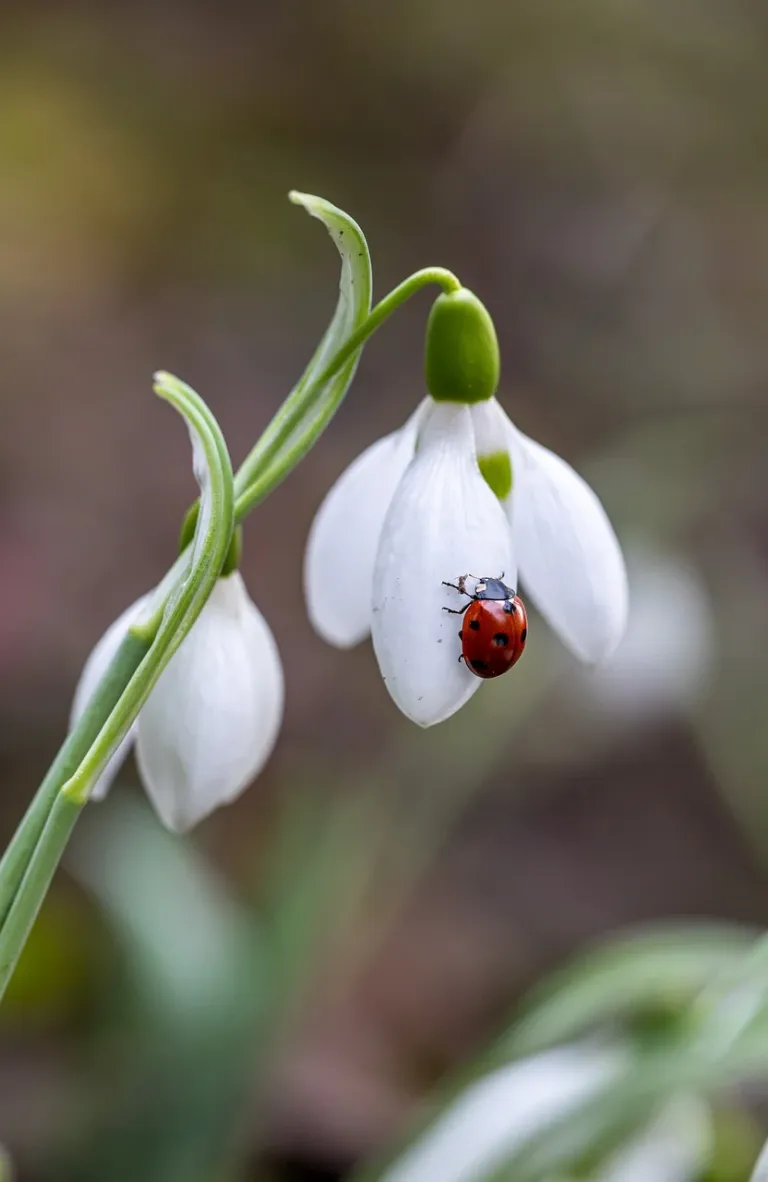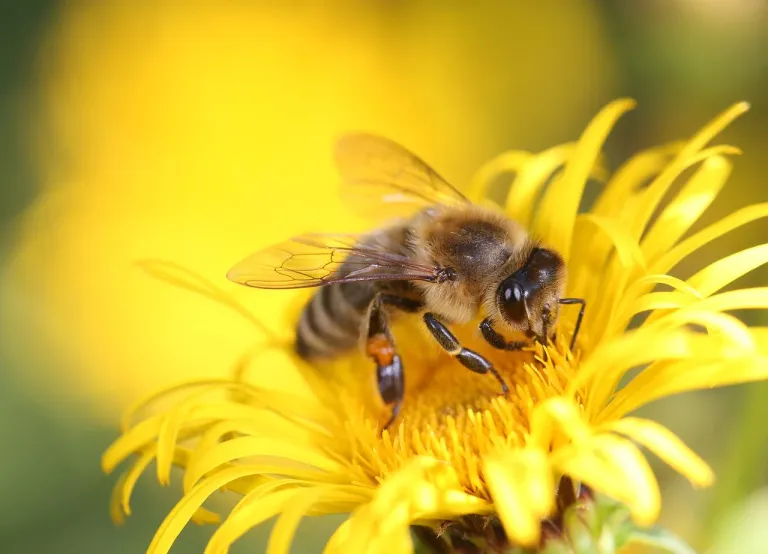Importance of Insects in the Ecosystem
When I was quite young and with little knowledge I had then about God's creations and their importance in society, I used to question why God created some creatures even when He knew that at some point, they would probably become a problem to mankind.
This question was aroused by two incidences: in the first incidence, I was badly stung by a fire ant on a fateful night as I lay outside the balcony of our family house to get fresh air since it was a season of intense heat. The affected spot became red and swollen within a split second and I can remember crying so hard because I thought I was going to die. LoL.
As a child, I never knew that a bite from an ant was not poisonous to death. In the second happenstance, still in my childhood days, an insect flew into my food as I was gobbling up a sumptuous meal that my mother made for me.
I loathed insects after these two occurrences because, deducing from my experience, my small mind believed that insects' primary mission was to make humans uncomfortable and they were harmful, but as I became exposed to formal education, I learned that ** no creature is useless and irrelevant, regardless of their respective nuisances and how uncomfortable we may feel around them.
As unimportant as I had thought that the insects around me at those times were, I later discovered that they were indispensable for the procreation of most plants that were essentially needed by mankind. Yes, they have to be there for pollination.
As we know, when pollen is transferred from the male reproductive organ, which is otherwise referred to as the anther of a plant, to the female reproductive organ, also referred to as the stigma of the same plant or another plant for fertilization and reproduction of seeds, it is said that pollination has therefore taken place.
Pollinators, on the other hand, are agents of pollination that facilitate the reproduction of plants and flowers. Many insects, namely bees, butterflies, moths, bats, wasps, beetles, ants, etc are categorized as pollinators.
With over twenty thousand (20,000) known species of bees, the bees are believed to be the most important pollinators. Bees are responsible for pollinating one-third of the world's crops, including fruits, vegetables, and nuts. This therefore implies that bees are as important to man as food itself because many of the crops we grow for consumption would have long disappeared if they were not there to carry out pollination.
Apart from the pollination of crops, bees are also responsible for the pollination of flowers and trees.
Bees play a vital role in the proliferation of crops as well as the sustenance of the ecosystem.
While a greater attention is given to bees, they are not the only pollinators in the ecosystem. Other insects such as moths and butterflies, birds such as the hummingbird, and even some species of flies and beetles also play a part in pollination.
Nature itself is a web of life.it encompasses the fields, the forest, the river and the ocean. It is made up of the trees, the flowers, the animals, and the insects which altogether are important to the ecosystem.
In spite of their various and varying importance, pollinators and nature are faced with many challenges such as the destruction of habitat, the use of pesticide as well as the invasion of disease which pose a threat for their survival.
This is my submission for day 20 of the monthly inleo May prompt. I invite you to also be a part of this contest. You can find out more about the inleo May prompt here
Posted Using InLeo Alpha


Congratulations @fonpet! You have completed the following achievement on the Hive blockchain And have been rewarded with New badge(s)
Your next target is to reach 90 posts.
You can view your badges on your board and compare yourself to others in the Ranking
If you no longer want to receive notifications, reply to this comment with the word
STOP